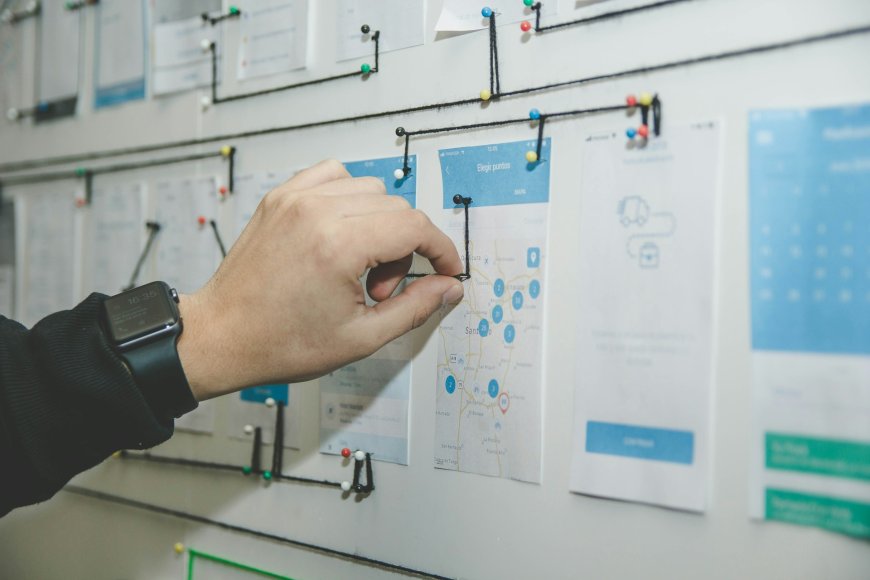Insurance and Disaster Preparedness Tips for Start-ups

Starting a business can be an exciting venture, yet it comes with various risks. Among these risks are natural disasters and unexpected events. During these times, you need to be prepared to minimise the damages and financial needs. In doing so, you can avail of SME business insurance and know the measures you can implement to your business in case you need to pause operations or replace and repair something.
Although it’s common for new business owners to think about the preparations and current needs of the business, it’s also necessary to prepare for the worst.
In this article, we’ll discuss the things you need to prepare beforehand so that you have a backup in case of natural disasters and other emergencies.
1. Know Your Risks
Risk assessment is the first thing you should do to identify potential harm that can affect your business. You can start by knowing whether your business’ location is prone to various natural disasters, such as earthquakes, flooding, and hurricanes. Aside from that, you should also be aware of power interruptions, enough water supply, and other essentials.
Meanwhile, finding out whether the local community has all the necessary plans in case these disasters happen is also a must. Given these potential risks, you can be guided when it comes to choosing the right SME business insurance for your start-up.
2. Choose the Right Business Insurance Coverage
SME business insurance is a vital part of disaster preparedness. As you know, there are many types of business insurance coverages, including general liability, property insurance, cyber insurance, and property insurance. This is why it’s best if you know your risks first so that you can choose the right coverage for your business.
Aside from that, as a new business owner, you should consult with an insurance adviser or broker since they’re aware of the various insurance companies that can give you the most suitable coverage and policy depending on your business needs. As you know, having business insurance can be your best safety net when you encounter unfortunate events.
3. Craft a Disaster Preparedness Plan
Crafting a disaster preparedness plan is another way to survive business emergencies. If you haven’t created one before, it should include the continuity plan, emergency response plan, data backup and recovery, and communication plan.
The business continuity plan should include the things the company should do during and after a disaster if ever you don’t want to pause operations.
Meanwhile, the emergency response plan includes the details of how to evacuate, where the employees should go, and other safety measures during the disaster. Whether you’re planning to continue the operations or not, you should still inform your partners, customers, employees, and other stakeholders about the situation. This requires a thorough communication plan, where you maintain open lines using various communication platforms, online and offline.
Lastly, having a data backup and recovery plan is another essential part of a disaster preparedness plan. It includes the schedule of data backup done during regular operations and having them stored in a safe cloud or data storage device.
4. Prepare and Educate Your Team
Conducting regular training sessions allows your team to be aware of the things they should do whenever there’s an emergency. Make sure it’s thorough training and not something where they just read from the screen or be handed pamphlets.
Instead, the training should include simulations and drills so that their reflexes will immediately trigger when the actual disaster happens. Of course, no one wants anything bad to happen, but continuously educating and training the employees can guarantee their safety in times of trouble.
5. Establish Relationships with Key Partners
Establish connections with key partners, including utility companies, local disaster teams, insurance providers, and government officials. This allows you to disseminate faster information in case your business is facing emergencies.
In doing so, ensure that these key partners are aware of your business’s existence, so you should visit them once you start your operations. In addition, you can participate in various activities and programmes they’re holding. The more open you communicate with them, the higher that chance of being acknowledged when your business encounters emergencies.
6. Regularly Review and Update Your Plans
Creating a disaster preparedness plan isn’t a one-time thing. As your business’ risks constantly change, regularly updating your plans is a must. For instance, if you’re no longer running an SME business, you need bigger insurance coverage as your business grows.
Aside from the insurance, other parts of the disaster preparedness plan should also be updated regularly.
Final Thoughts
Availing of insurance and crafting a disaster preparedness plan is essential for every business, big or small. Although it might not be one of the priorities of most business owners, it should be, especially since your finances are used in establishing your brand. So, in case your business encounters a problem along the way, at least you have financial assistance, and you have already planned the safety and security of the stakeholders and your business.












